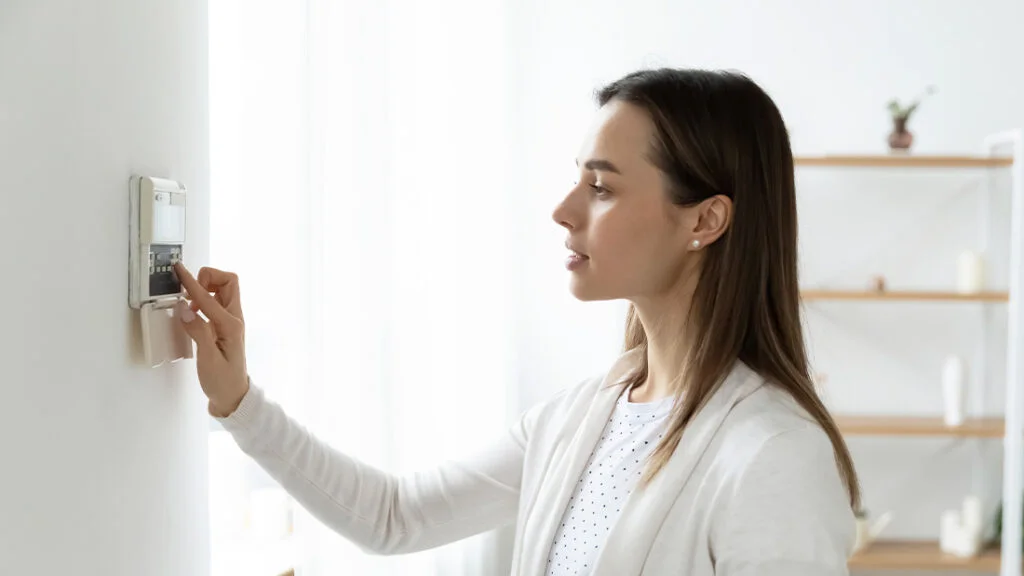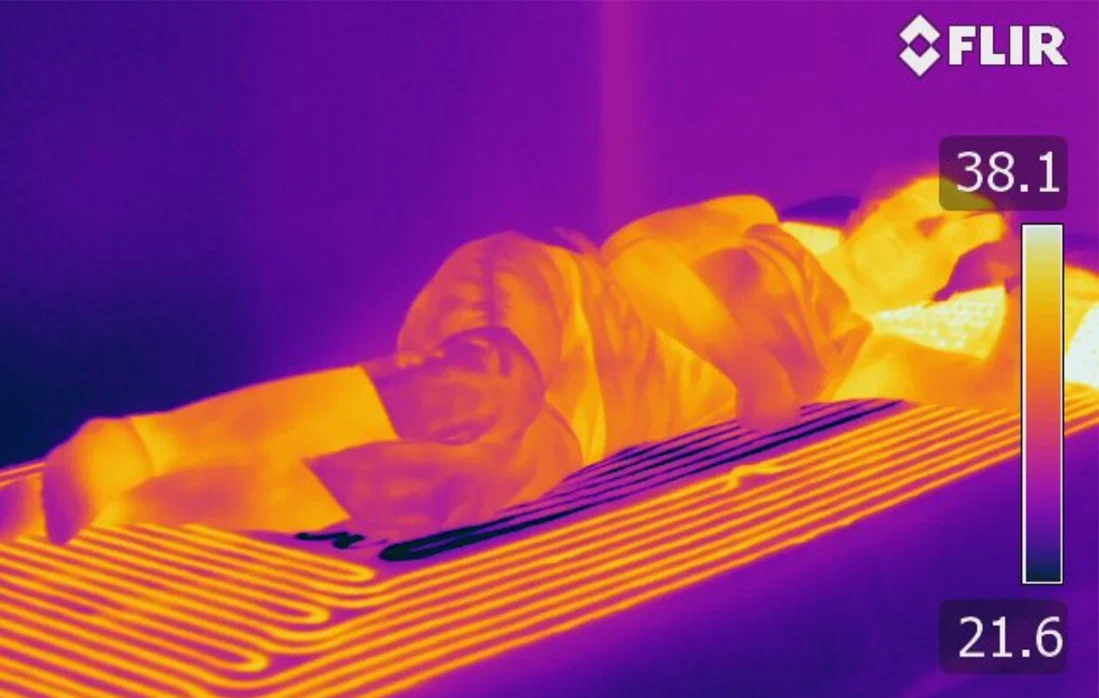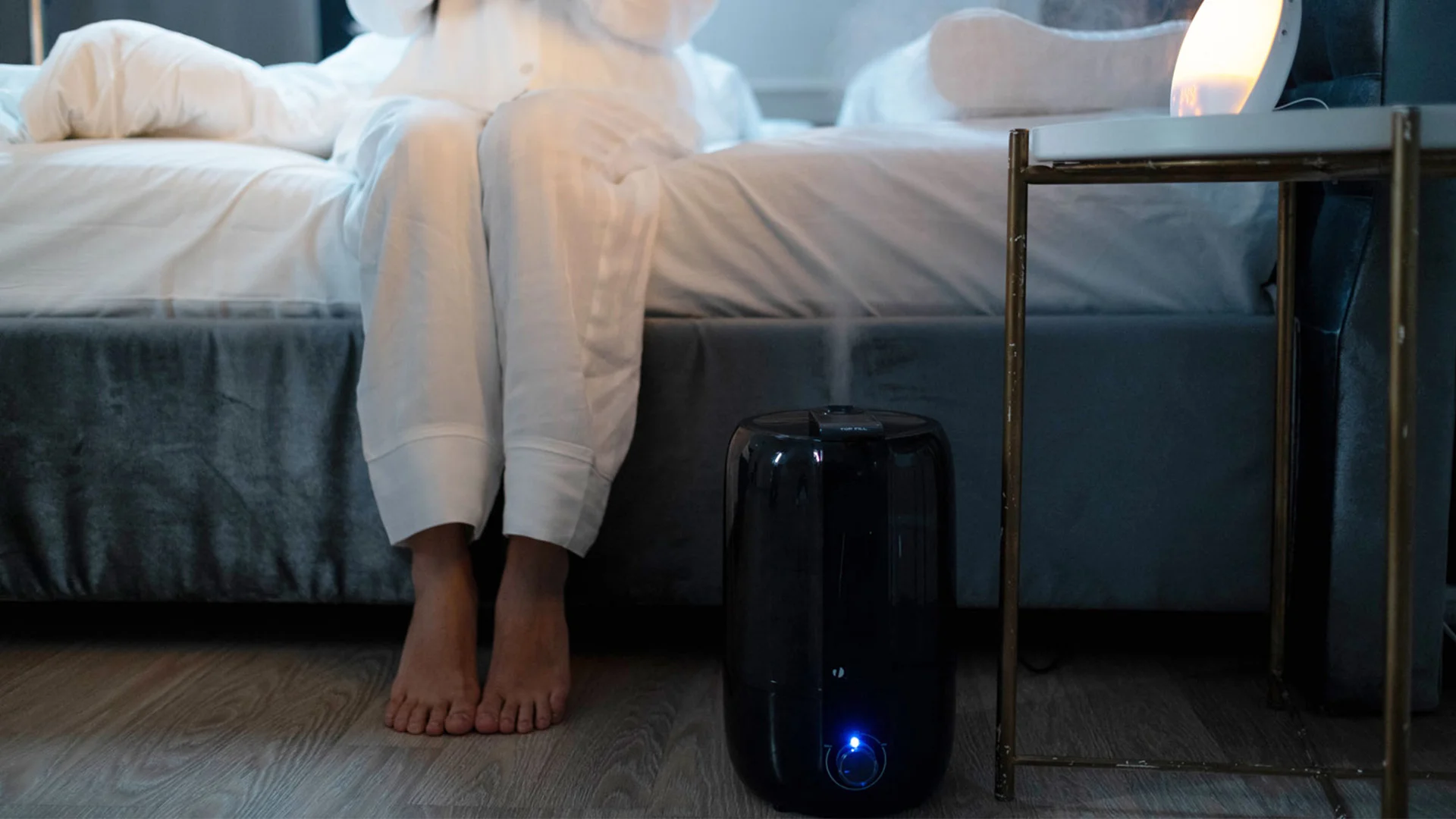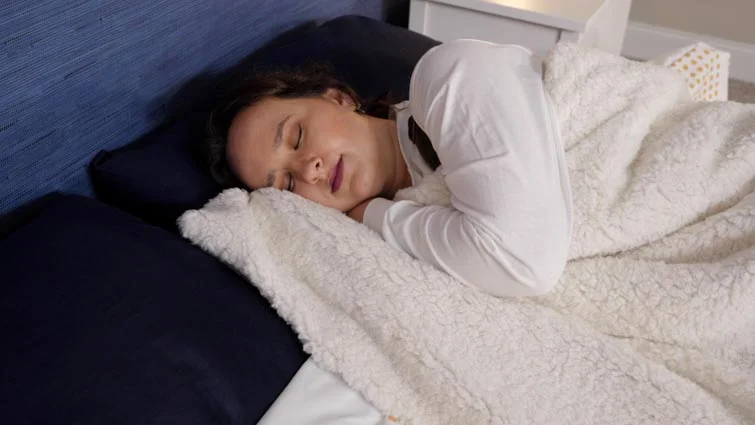
Along with a comfortable mattress, room temperature comes in a close second when it comes to ranking what can contribute to optimal sleep. But we all have different preferences on the temperature of our room while we sleep.
While some individuals prefer an extremely cold setting, allowing them to snugly wrap themselves in blankets, others find themselves getting cold very quickly. As a result, they need to turn up the thermostat to reach more of what might be called extreme temperatures.
However, scientists just discovered that there are in fact specific temperatures you should be sleeping in. A study conducted by Amir Baniassadi and other researchers found the ideal temperatures for sleeping. Conducted over a span of 18 months, this study focused on analyzing specific sleeping temperatures and their correlation with sleep quality among older individuals living in assisted living. (1)
To collect data, researchers had their participants wear sleep monitors and sensors. While wearing these monitors, the researchers specifically “assessed sleep duration, efficiency, and restlessness over an extended period within participants’ homes while controlling for potential confounders and covariates.” (1)
Intrigued to know if your desired sleeping temperature falls under what the experts recommend? Over the course of 11,000 nights, the sleeping habits of 50 adults were collected. The researchers found that better sleep quality comes with a thermostat set to 60 to 77 degrees Fahrenheit.
They also found that when the temperature was either increased or decreased in this window of preferred sleeping temperatures, there was a 5-10 percent decrease in sleep quality among the participants.
So, is it time to switch up your preferred sleeping temperature? We spoke with some experts to see if a thermostat change is worth the try.
The Experts Weigh In
So, is this your sign to think about switching up your preferred bedtime temperature? We decided to speak with Dr. Kwadwo Kyeremanteng, a Palliative Care Physician at The Ottawa Hospital, and he confirmed that if you’re not sleeping in a bedroom set to 65 degrees Fahrenheit, it’s time to change that.
“The ideal room temperature for sleep is approximately 65 degrees Fahrenheit (18.3 degrees Celsius),” he told Sleepopolis. “This may vary by a few degrees from person to person but most doctors recommend keeping the thermostat set between 60 to 68 degrees Fahrenheit (15.6 to 20 degrees Celsius) for the most comfortable sleep.”
In fact, this temperature range can do wonders for your body as it can prevent a decrease in muscle strength and liver or kidney damage. It can even decrease the risk of a heart attack or hypothermia.
It is not only beneficial for your health, but will help you get a good night’s rest, feeling refreshed in the morning.
“In general, the cooler the room within reason, the better opportunity for restorative sleep,” he said. “This is because the body prefers to be in a cooler environment, and when you wake up, you experience a cortisol release, and your body temperature warms up, which is part of why you become awake.”
However, the temperature is different among age groups. For example, an infant’s bedroom should be at 69 degrees Fahrenheit. He said that if it is any higher, it could lead to infant death syndrome. On the other hand, elderly people should set their thermostat to a temperature a little higher than preferred for most at 78 degrees Fahrenheit.
Even though these temperatures are recommended by the experts it’s important to find one that works for you to get the best sleep you can. It’s never fun sweating or shivering all night long with a thermostat not set to your preferred liking. Although these temperatures have benefits for your body, you won’t be able to successfully reap those if you don’t receive proper sleep.

Could This Temperature-Controlled Mattress Help You Fall Asleep Faster?

Here’s The Definitive Best Humidity Level For Sleeping

9 Products Cold Sleepers Need to Stay Warm This Winter



























